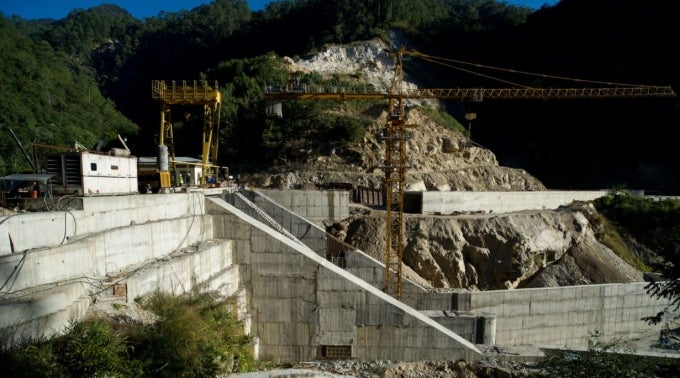
In many respects, Bhutan has been a development success story. Its people have benefitted from decades of sharp reductions in poverty combined with impressive improvements in health and education. The country is a global model in environmental conservation. It is the first carbon negative country; Bhutan’s forests, which cover over 70% of the country, absorb more carbon dioxide than is produced by its emissions.
The Kingdom of Happiness also must grapple with the reality of managing budgets, creating infrastructure, and preparing its citizens to be able to create and take advantage of jobs of the future. To do that, we are working with closely with Bhutan to build the foundations for a more prosperous future through the cultivation of a vibrant private sector economy and supporting green development.
At the same time, Bhutan has invested generously in hydropower energy production to create a reliable and lasting source of green energy for its people. It also benefits from exporting excess electricity to neighboring India, whose energy needs continue to increase at a rapid pace with their growing economy.
In large part due to the hydropower investments, Bhutan’s public debt was 107 percent of the Gross Domestic Product (GDP) as of March 2017. Hydropower external debt was at 77 percent of GDP with non-hydropower external debt accounting for 22 percent of GDP. Questions have arisen on whether this level of debt is sustainable and what should be done to address it.
Complementing Bhutan’s investments in infrastructure and energy production, we’re supporting the country in formulating a debt policy as well as helping diversify and modernize its economy to create more and better jobs. World Bank supported projects in Bhutan are focused on improving financial efficiency, fostering private sector growth, and supporting green development. Greater investments are required to accelerate progress to achieving these goals.
To maximize impact and minimize financing costs, the World Bank Group is doubling available resources for Bhutan to be able to access. Funds of $100 million for next three years will accessible to support Bhutan’s development with terms of zero interest and 40-year repayment periods to maximize impact at effectively no cost.
With the combination of intelligently-designed and well-implemented projects, programs, and knowledge sharing based on global expertise, the World Bank is firmly committed to supporting the people of Bhutan through financing for development in their journey towards a more prosperous, inclusive, and sustainable future.



Join the Conversation